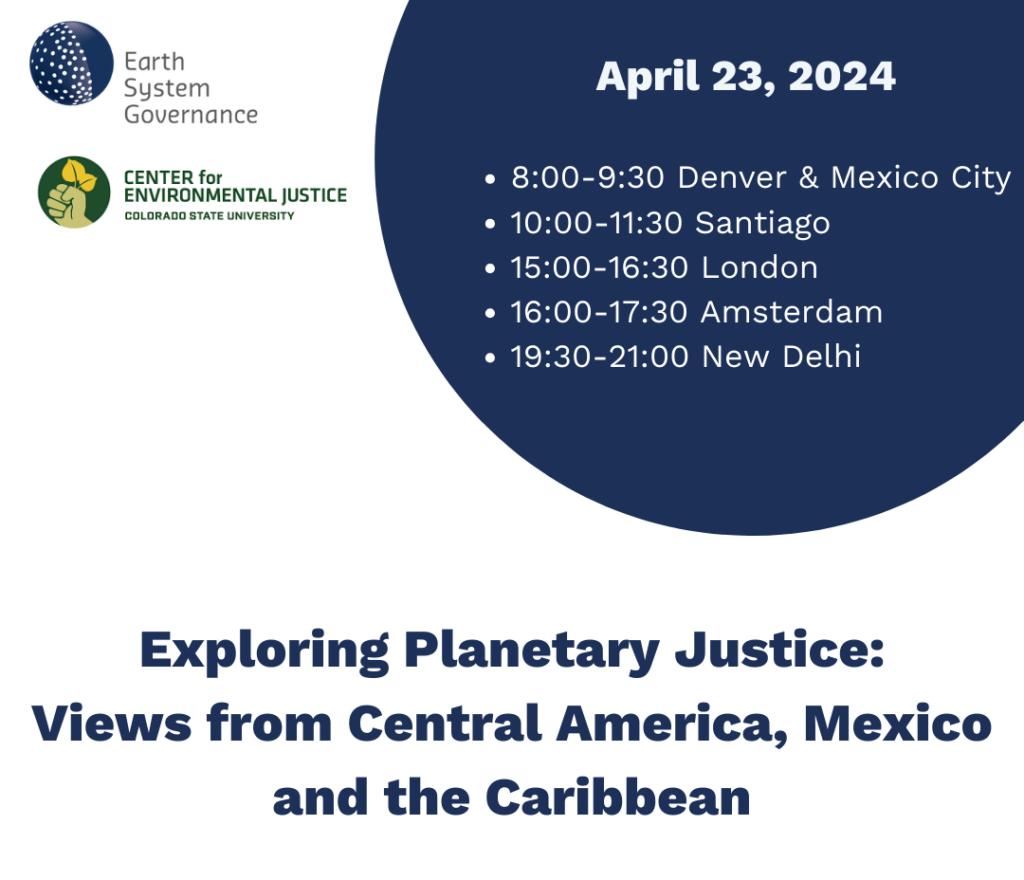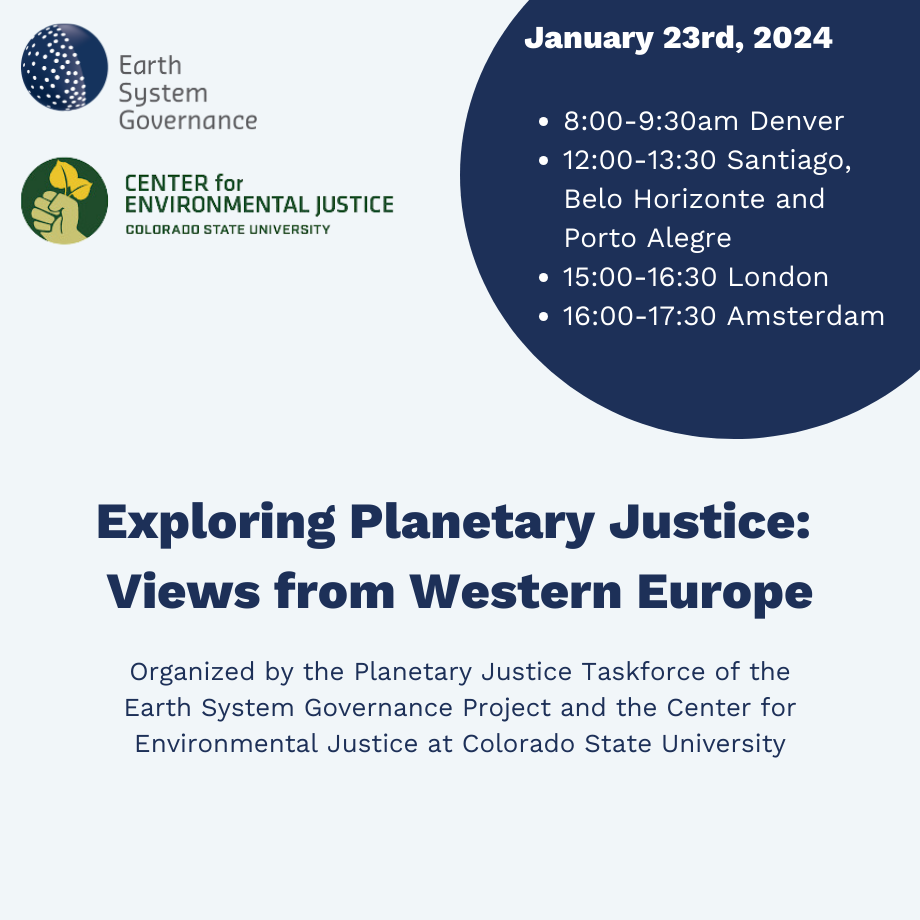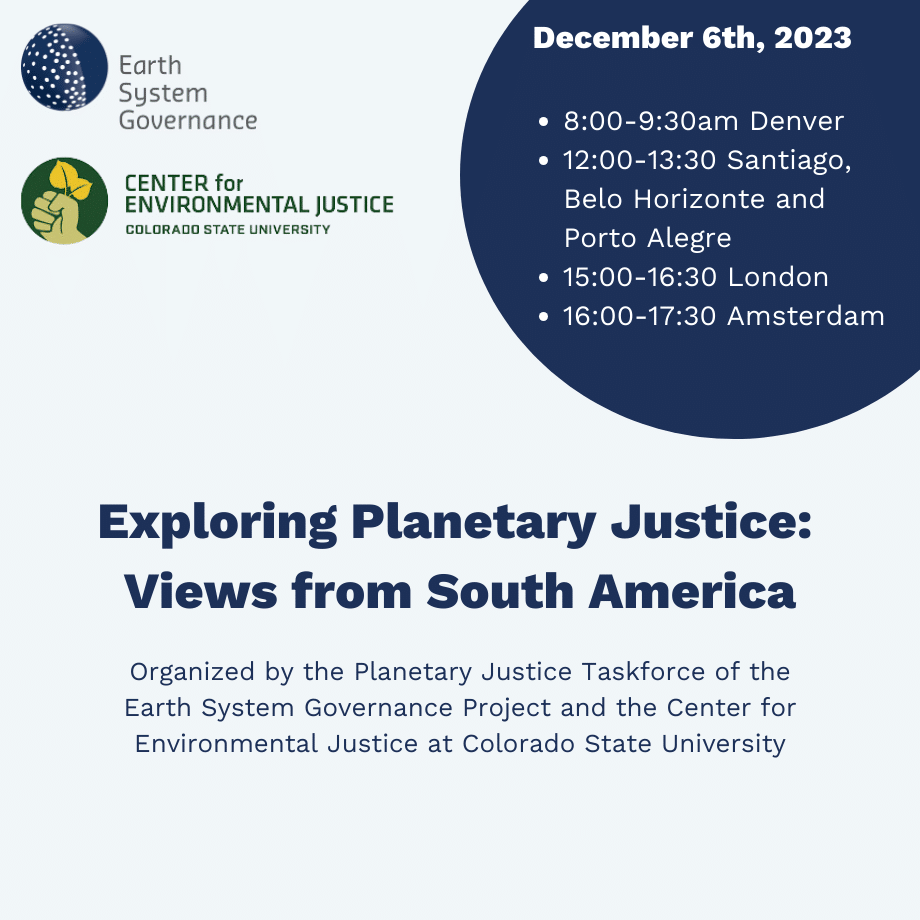Event by Stockholm Environment Institute (SEI) and part of The 2023 Partnership Forum of the Economic and Social Council (ECOSOC), which will be held on Tuesday, 31 January 2023, from 9:00 am to 5:45 pm (EDT), back-to-back with the Council’s Coordination Segment, at the United Nations headquarters in New York.

How science partners can support the need to be more practical and more focused and how to avoid questionable cherry picking of goals.
In 2022, an unprecedented global review of scientific evidence, published by Cambridge University Press, showed the political impact of the SDGs has been limited. Scientists have found that the “transformation” brought on by the Goals has been mainly a rhetorical one – affecting the way people understand and communicate about sustainable development, but not so much how they do things.
A poor performance review ahead of a mid-term point and the upcoming 2023 SDG Summit creates a “go big or go home” type of feeling. But with less than half the time left to reach the deadline for the SDGs, what does “going big” mean? Should we keep trying to accelerate things under the banner of the Decade of Action? Should we broaden the scope and aim to hit all the SDGs, even if we do not fully reach them? The course we take from now on will set an example of how international agendas and global goals fare in terms of leading us to a more sustainable future. This is the topic the side event will focus on.
This discussion has been deemed necessary by the UN Secretary General. In Our Common Agenda, UNSG António Guterres, makes a strong call for all policy and budget decisions to be “backed by science and expertise.”
The event proposed will address how the spirit of the SDGs as the world’s first effort to bring together all dimensions of sustainable development can be upheld in the second half of implementation and how to avoid questionable cherry picking of goals. We will also discuss how science partners can support the need to be more practical and more focused. The good features of the SDGs – comprehensiveness, universality, integrated thinking – should be used in ways that respond to real-world policy needs. The discussions at the side event will propose strategies to achieve this.
When?
Tue, January 31, 2023, 1:15 PM – 2:30 PM EST (New York Time)


